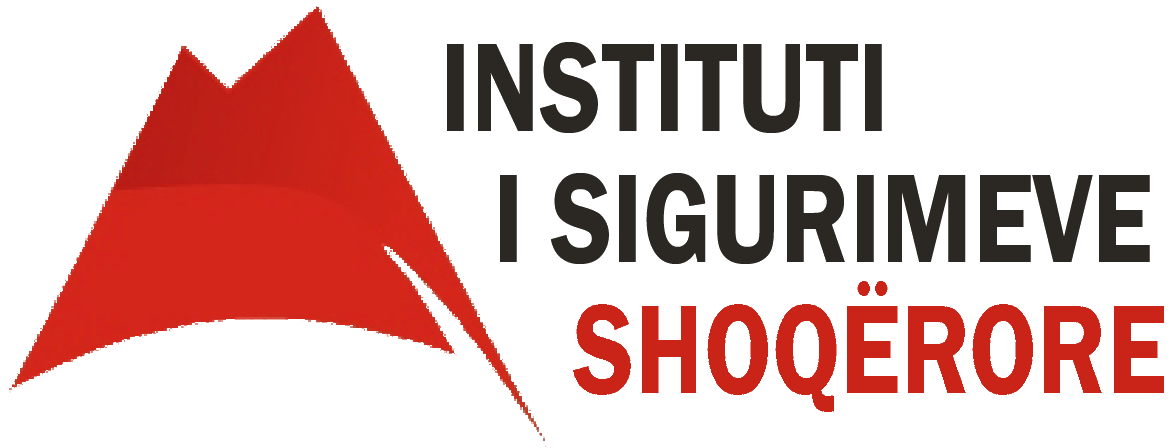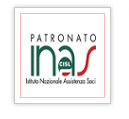After this indexation, the full minimum old-age pension (which means a period of insurance not less than 35 years), for persons who were entitled to have a pension until 31 December 2014, the amount can not be less than 13,753 ALL per month from the previous amount which was 13,378 ALL, whereas the maximum pension can not be more than double the minimum pension or 27,506 ALL per month from the previous amount which was 26,757 ALL. Meanwhile, for defined pensions starting from 01.01.2015 onwards, the minimum income (which implies a period of insurance not less than 15 years, according to the new formula for calculating pensions), can not be less than the social pension amount, which from 7,262 ALL is 7,465 ALL per month, while the maximum income depends on the salary and duration of the insurance period and consequently there is no limit on their height.
The categories that benefit from this indexation are all types of pensions that are paid by social insurance such as old-age, invalidity, survivor, social pensions, supplementary pensions, special treatments and early retirement pensions. Approximately 665,000 pensioners will benefit from this decision. The financial impact of this indexation for this year is 2 billion and 39 million ALL or about 22 million dollars.
The indexation of pensions is a legal obligation aiming the compensation for the consequences of goods’ price change and several services regarding the minimum living standards of pensioners. This index is calculated by INSTAT for a certain basket of goods and services consumed by pensioners.








